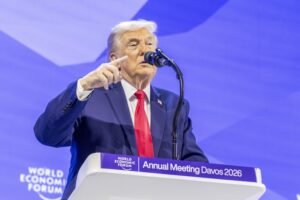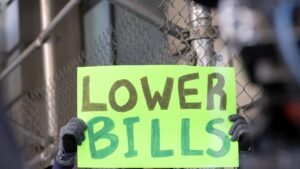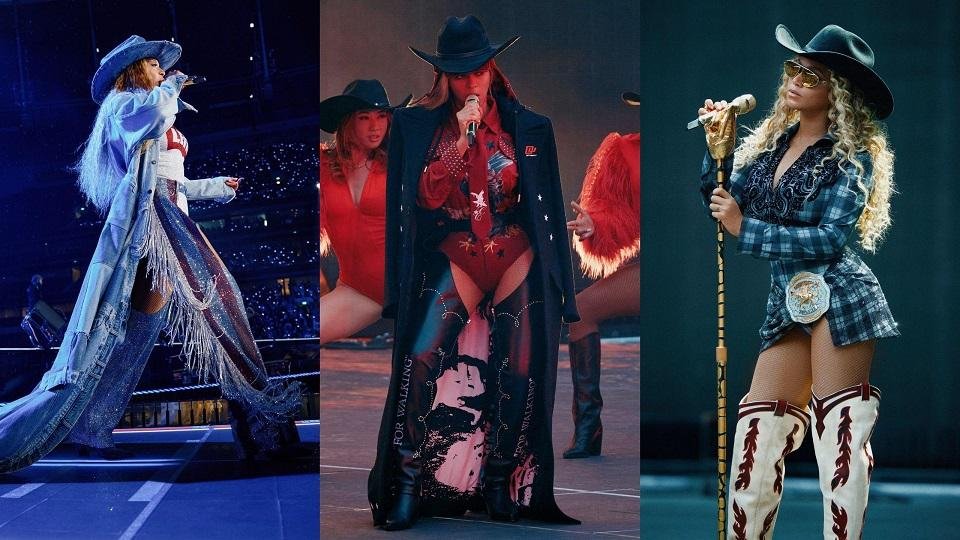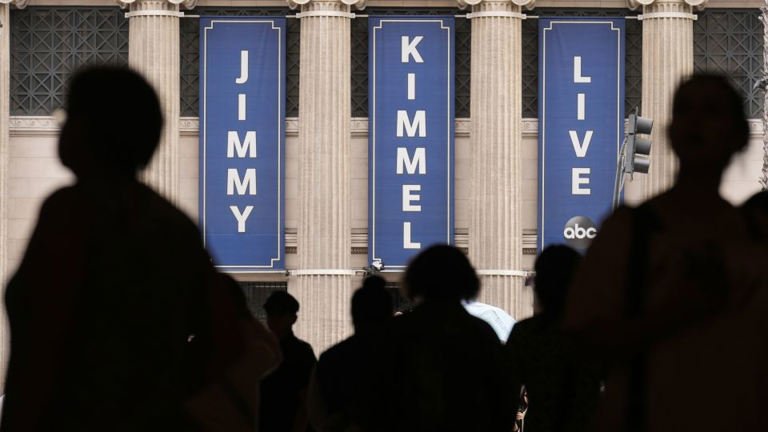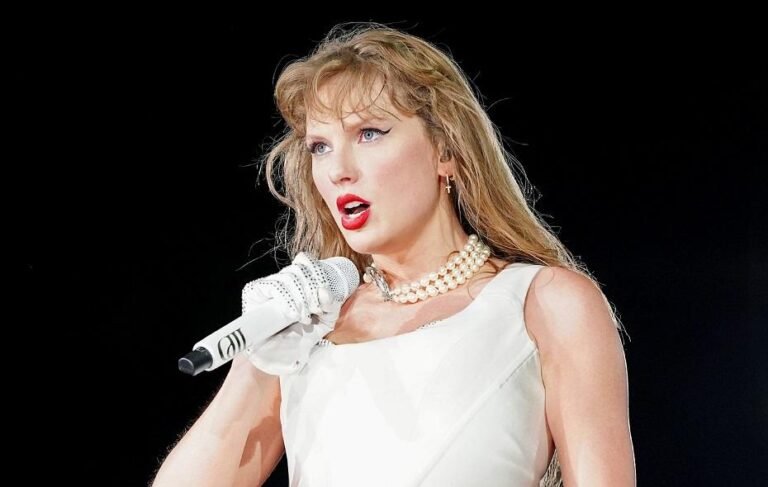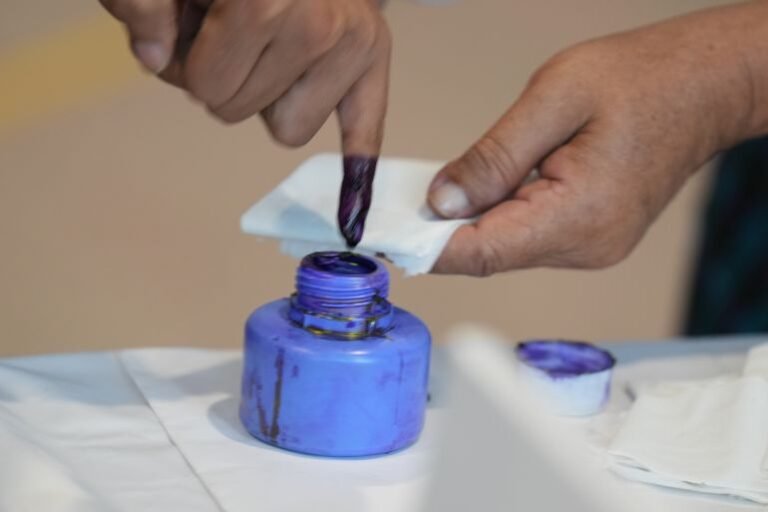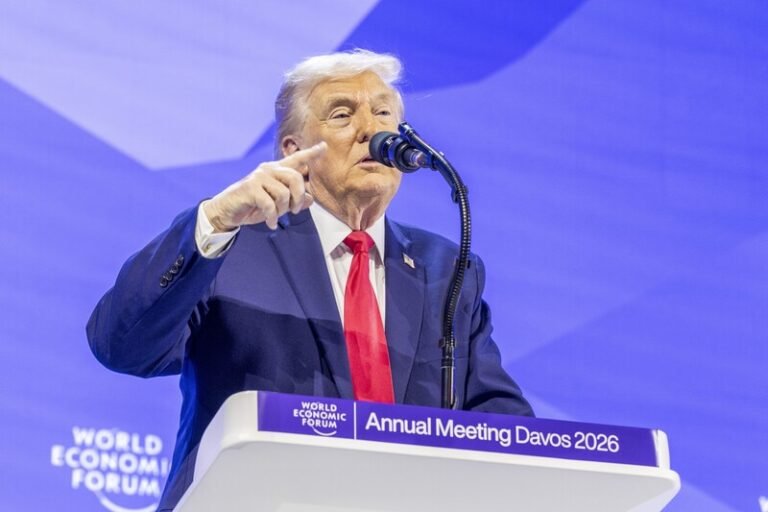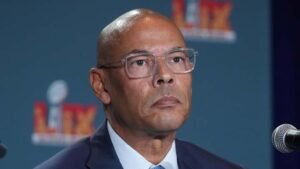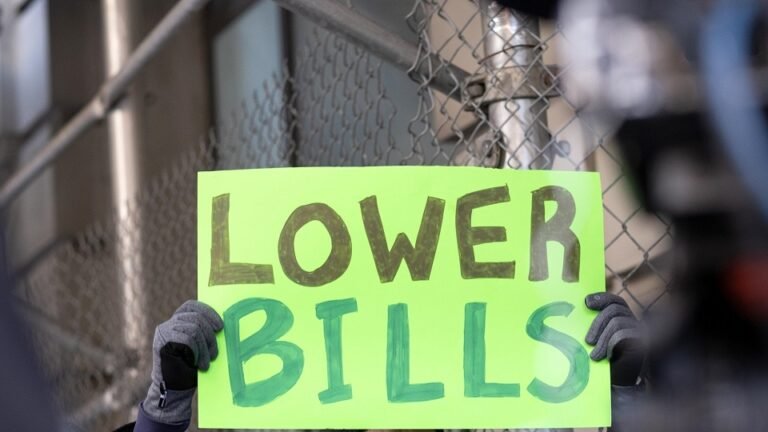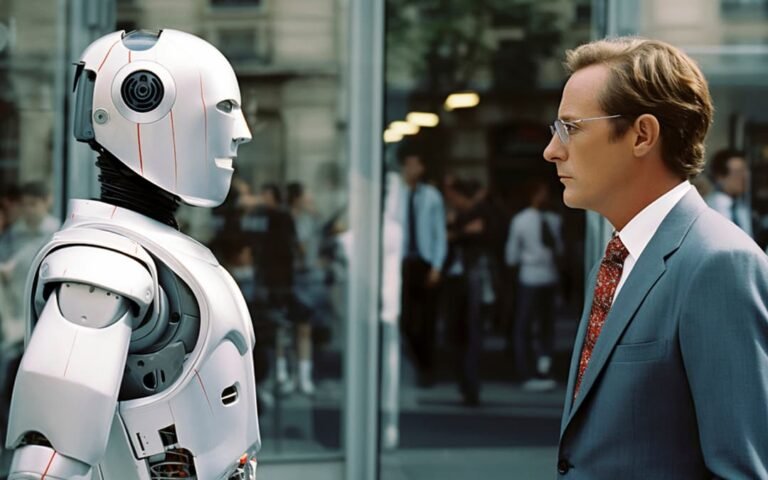Largely credited as Beyoncé’s reclamation of her country roots, last year’s “Cowboy Carter” questions the lines of genre and highlights the ongoing contributions of Black country artists. When she announced the album’s release, she said it was “born out of an experience” where she had felt unwelcome — a likely reference to racist comments generated by her 2016 appearance at the Country Music Awards, where some country fans claimed she had no place at the event.
The album and the ensuing tour, which concludes this month, are a middle finger to those detractors. The visual landscape Beyoncé creates, both within the album and on the tour, directly points to the various roles African Americans have played throughout US history. If the establishment tries to deny them a seat at the table, Beyoncé has made it her mission to bring a chair anyway — just see the thousands of Black fans donning their cowboy boots and matching wide-brimmed hats at each tour stop.
It can be powerful for an artist of Beyoncé’s caliber to highlight such narratives, but the fan response is more nuanced. While some appreciate the visuals that highlight Blackness within country music and American history, others wish for more explicit statements on contemporary political matters, whether that’s the US support of the war in Gaza or the aggressive ICE deportations in the US. Her messaging, they suggest, falls short.
“It’s very true that Beyoncé has faced unfair criticism from a lot of different sectors. She hasn’t been recognized in the way that she should for her artistry,” said Stacy Lee Kong, culture critic and founder of the newsletter Friday Things. “And at the same time, we also see a superficiality to her politics.”
How ‘Cowboy Carter’ has divided fans
Even before the Cowboy Carter and the Rodeo Chitlin’ Circuit Tour kicked off in April, the album’s art and lyrics specifically emphasized the role Black people have played in country music. Beyoncé’s shows underline those messages further, while referencing additional Black history and traditional patriotic imagery.
She performs “The Star-Spangled Banner,” set to Jimi Hendrix’s distorted Woodstock rendition; a video screen flashes the message, “Never ask permission for something that already belongs to you.” She embraces red, white, and blue — just see her blue leotard embellished with silver stars and the accompanying floor-length American flag fur coat from her Fourth of July show in Washington, DC.
While many fans feel empowered by Beyoncé’s interpretation of Americana, others feel the symbolism is lacking. Even among some of her self-proclaimed fans, the ideas presented can be sticky: “I think people’s issues lie where she is silent on current injustices and issues that are happening under that flag now, whilst simultaneously constantly draping herself in it,” noted one fan on X.
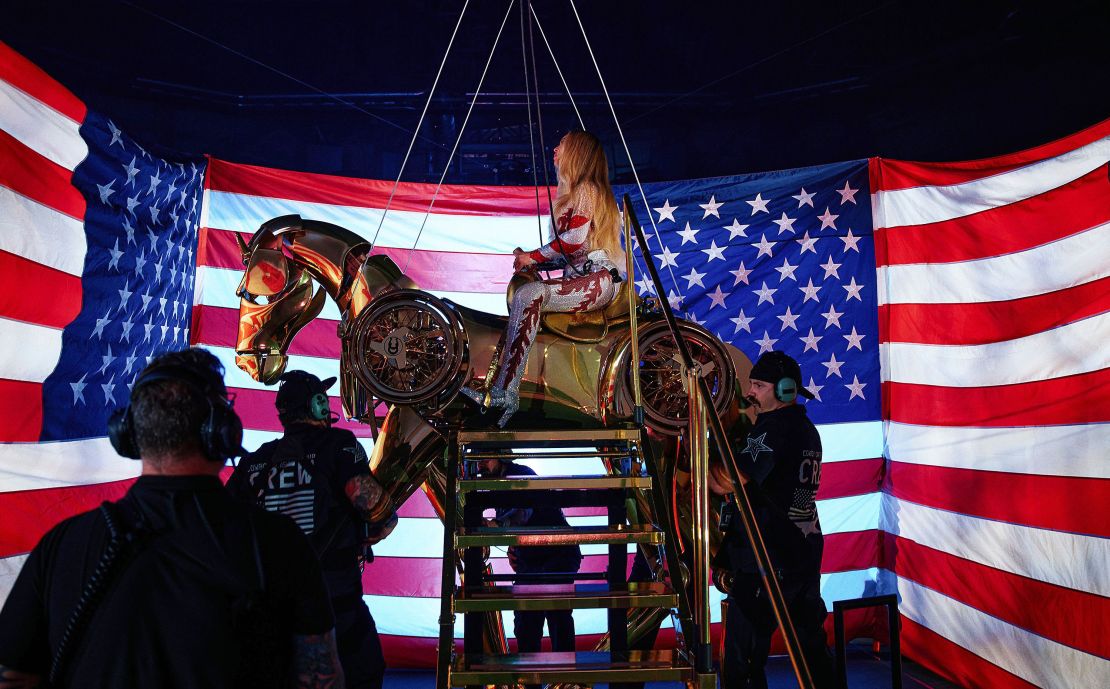
Especially for an artist whose work is often so deeply researched and layered with meaning, Lee Kong said, the fact that Beyoncé doesn’t say anything specifically about American politics feels fraught. Celebrating being an American, and celebrating Black people’s role in America, without actually verbalizing the harm that the United States can cause feels simplistic in today’s political landscape, Lee Kong said. Despite her larger artistic message, many fans simply want more from Beyoncé.
“You can’t sell an idea and be wishy-washy about it,” she said. “This is a really difficult line to walk, no matter what, and it has become more difficult as audiences have become more sophisticated and more aware of the complicated politics that are informing our lives.”
The complexity of this line is perhaps best exhibited by Beyoncé’s Buffalo Soldiers T-shirt, worn during her Juneteenth performance in Paris. The white shirt featured an image of the Buffalo Soldiers, Black soldiers who served in the US Army following the Civil War and were instrumental in the country’s westward expansion, conducting campaigns against the Native Americans living in the West (who are credited with coining the “Buffalo” in their name).
On the back of her shirt was a block of text, which read in part: “their antagonists were the enemies of peace, order, and settlement: warring Indians, bandits, cattle thieves, murderous gunmen, bootleggers, trespassers, and Mexican revolutionaries.”
The message sparked intense debate. While some praised the highlighting of the Black soldiers, others critiqued the simultaneous disparaging of Native and Mexican Americans, arguing that the shirt insinuates that these groups exist in contrast to the United States. Beyoncé has not spoken publicly about the controversy.
Do artists owe us their politics?
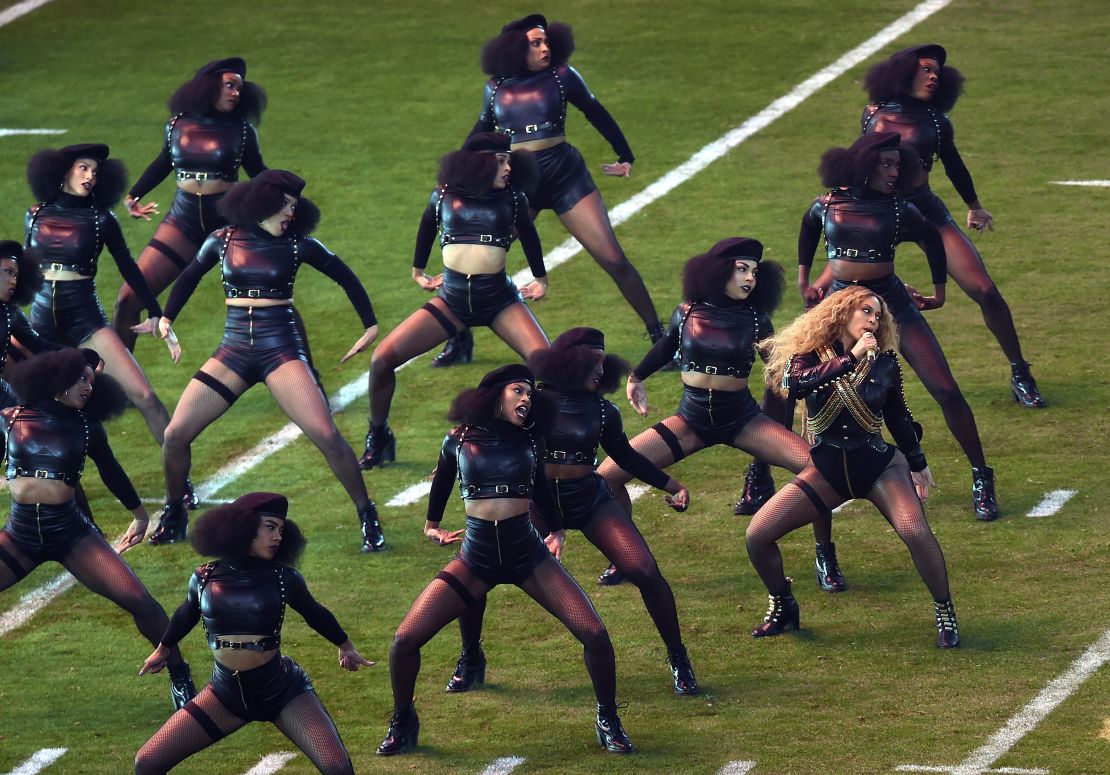
Beyoncé is not new to this type of critique, and she hasn’t been completely silent about political topics over the years. During her performance at the Super Bowl in 2016, Beyoncé and her dancers appeared in all-black costumes with fists raised, a clear nod to the Black Panthers. She went on to speak in favor of the Black Lives Matter movement in a 2020 commencement speech.
In 2023, as her “Renaissance” tour film played in Israel amid the war in Gaza, with videos surfacing of pro-IDF Israelis singing the single, “Break My Soul,” critics argued that the artist who could incorporate explicit political messaging into her 2016 performance should also speak up about the war.
“She’s a person who has curated a space, has made herself a political figure, whether she likes it or not,” said B.A. Parker, co-host of NPR’s “Code Switch,” at the time.
Does an artist owe fans an explicit political statement? Swifties have long analyzed the political motives of Taylor Swift, who until recently has kept mum on political issues. At this year’s Super Bowl, Kendrick Lamar seemingly rejected these notions altogether, proclaiming: “The revolution’s about to be televised. You picked the right time but the wrong guy.”
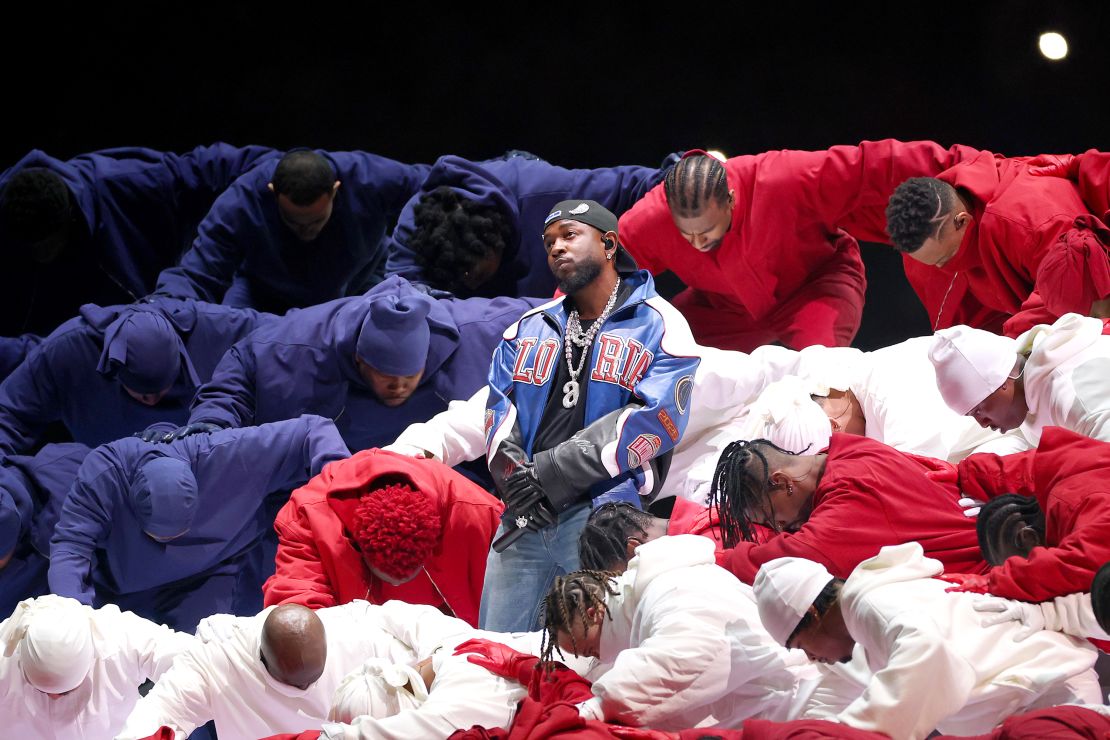
“She is one of the most powerful women in the entertainment industry,” said Melvin Williams, a professor at Pace University who studies race, gender, and sexuality in celebrity culture. “That she now has to be an expert of everything, stand up for all causes, while performing and showing up flawlessly — that is an impossible standard for any human being.”
Beyoncé did endorse Kamala Harris’s presidential bid last year, and she has also made more subtle political references during the tour. The Jimi Hendrix version of the national anthem — performed during the Vietnam War — has been widely interpreted as a form of protest, though the legendary guitarist’s intent is still subject to debate. In one image from the Cowboy Carter tour book, Beyoncé is pictured sitting at a sewing machine while stitching the American flag, in tribute to Grace Wisher, a Black girl who helped sew the original Star-Spangled Banner. Her veiled, white dress — potentially a callback to the “veil” analyzed by W.E.B. DuBois, a metaphor used to explain the color line between White and Black Americans — is splattered with blood.
“Cowboy Carter” was a risk, Williams said, both creatively and in its messaging around genre and race. As a celebrity, Beyoncé is adept at initiating social commentary, yet she rarely gives interviews. She speaks almost exclusively through her work. To some, her message is clear, and demands for more are taken as examples of the undue expectations society places on Black women.
Despite pushes to do so, it’s unlikely that she will ever “explicitly grapple with, for example, America’s history of empire building or the persistence of capitalism in America,” Williams said.
But Beyoncé’s work presents an entry point into thinking more deeply about the world around us, Lee Kong said. As a result of the album and the tour, those conversations are being had anyway, with or without her input.


